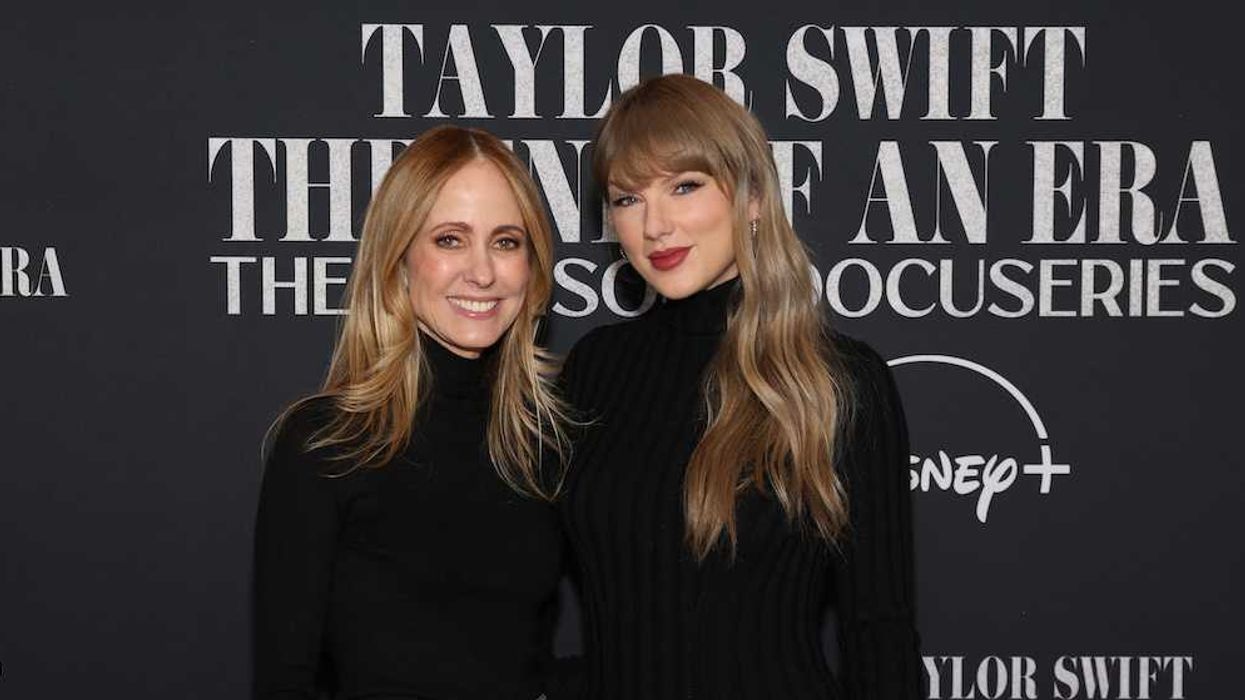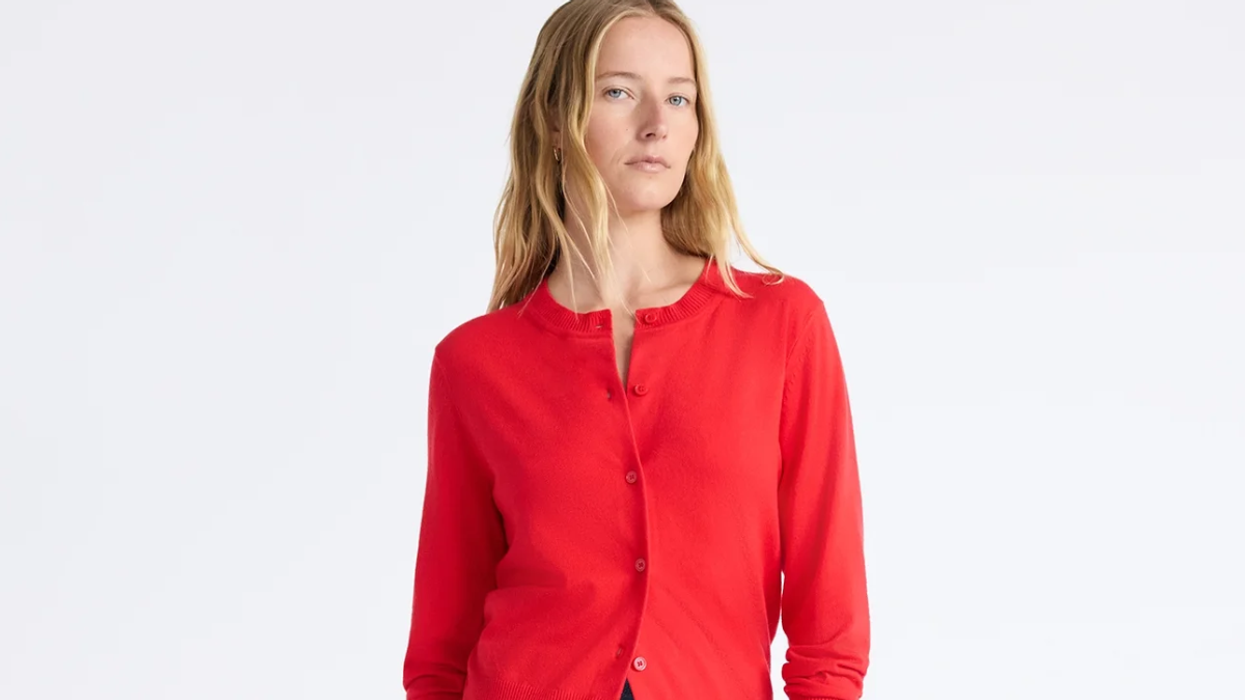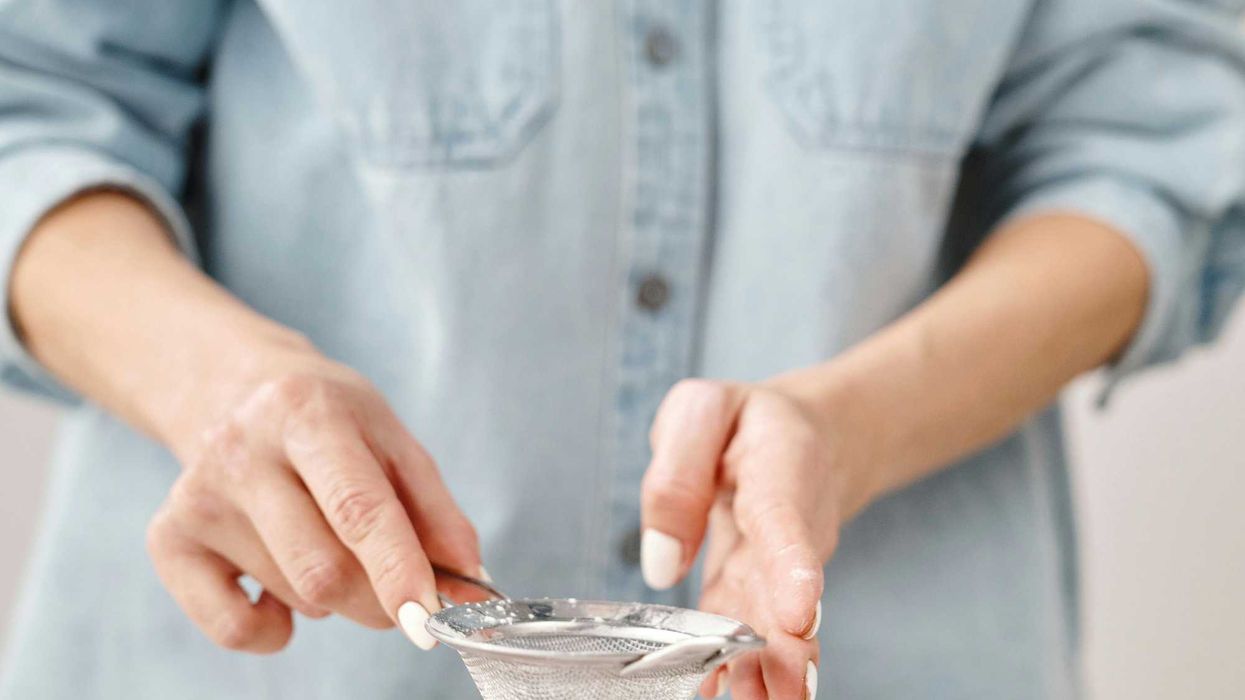Here's why your favorite social media might be stressing you out.
Every Few Months, I Unfollow 100+ People On Insta For My Mental Health

Chloe Williams serves as B+C’s Entertainment Editor and resident Taylor Swift expert. Whether she’s writing a movie review or interviewing the stars of the latest hit show, Chloe loves exploring why stories inspire us. You can see her work published in BuzzFeed, Coastal Review, and North Beach Sun. When she’s not writing, Chloe’s probably watching a Marvel movie with a cherry coke or texting her sister about the latest celebrity news. Say hi at @thechloewilliams on Insta and @popculturechlo on Twitter!
Social media definitely has its perks. We can easily connect with old friends, make new friends, and get a glimpse into the lives of our favorite celebrities. But for all their benefits, apps like Instagram can completely overwhelm our brains. Once I figured out just how big of a stressor Instagram is in my own life, I took it upon myself to explore different ways of approaching the platform.
The biggest thing that helps me? I unfollow people all the time. Every three weeks to every three months, I unfollow at least 100 people. They might be brands or business accounts, celebrities, or acquaintances that aren’t in my daily life — there’s no explicit formula. Unfollowing someone might be interpreted like I want to cut all ties with them, but in reality, it helps me keep stress at bay.
Our brains aren’t meant to consume a constant stream of information, and it’s important to identify what your personal mental health needs. Because, just like so many different areas, it's different for everyone.
I watched a TikTok recently (a whole other online beast to conquer) that mentioned the “grocery store rule.” Basically, it revolves around the idea that if you would avoid an acquaintance in the grocery store, you probably shouldn’t follow them on social media. And it got me thinking about why unfollowing people makes me feel more in control over my stress levels.
I spoke to Jennifer Kelman, LCSW and Mental Health Expert with JustAnswer, Dr. Sanam Hafeez, NYC Neuropsychologist and Director of Comprehend the Mind, and degreed counselor Dr. Kamilah Stevenson to figure it out.
Who To Unfollow

Image via Anna Tarazevich/Pexels
At its core, social media is alluring because of the way it connects us to people who aren’t in our lives physically, whether we actually know them or not. (Hello, parasocial relationships!) But that specific draw can also be a setback, especially when we feel the compulsive need to interact with accounts as a courtesy.
“We have a need to see what others are doing out there, but it can be overwhelming to see [it] on a constant basis,” Kelman says.
“While [Instagram] can be entertaining, for some, it can also be a daily chore where we must stay connected and constantly praise and pay attention to our ‘friends’ or acquaintances who post,” Hafeez says. “This can be a time stealer from more enriching and meaningful activities. Instagram can be a very shallow place to reside unless it is used and cultivated very carefully.”
That cultivation is totally up to you, which helps me feel free to curate a feed that feels life-giving instead of anxiety-inducing.
“It is probably best to follow those on Instagram who do not feed a negative state of being or empower toxic thoughts and behavior patterns,” Stevenson says. “I would recommend following only those who can empower and add value (in some positive way) to your mind, body, and soul.”
If an account makes me feel drained or jealous instead of energized and excited, that’s usually an indication that I shouldn’t follow them. “Keep an eye on how you feel as you scroll and if there is a friend or acquaintance that creates anxiety then consider removing them from your feed,” Kelman says.
Who To Follow

Featured image via SHVETS production/Pexels
We shouldn’t focus entirely on unfollowing because if your list suddenly hits zero, there’s no reason to be on social media at all! “Look for posts that motivate you or bring you joy. It could be accounts related to your hobbies, goals, or passions,” Hafeez says. “Instagram can be a great educational content and learning source. Look for accounts that share valuable insights and knowledge related to your interests, industry, or career.”
“If it doesn't positively feed your soul, there is no need to follow the account; it's akin to watching a train wreck daily,” Hafeez continues.
Stevenson recommends following accounts that empower you, and add value to your mind, body, and soul: “You have the responsibility to create a social media culture that can either negatively or positively have an effect on your well-being. Following people that inspire, challenge, educate, encourage, energize, motivate, and create a valuable experience for you should be the main objective.”
Cutting Back On Social Media

Image via Keira Burton/Pexels
But ultimately, this dilemma isn’t just about who you follow — sometimes you need to cut down on your social media time as a whole to curate a more pleasant in-app experience. The average user spends 5.4 hours on their phone a day, a sizable chunk of time to say the least.
“I believe that significantly reducing social media will help with mental health and how one feels about themselves,” Kelman says. “I know this is hard for many as it is a way to stay ‘connected,’ so pay attention and do ongoing check-ins to see how you feel and what accounts you might need to purge in order to keep your self-esteem high.”
Hafeez also recommends keeping your following under 500 accounts, and making sure that every single one brings you joy.
“It can be easy to lose track of time while scrolling through social media, so consider setting a daily or weekly time limit for yourself,” she says. “Consider taking breaks from social media for a day, a week, or even a month. This can help reset and reevaluate your relationship with these platforms.”
“We know that things are embellished, and yet we still doom scroll and compare and let our self-esteem plummet,” Kelman says. “I always recommend getting off social media and [getting] back to true interpersonal connections, face to face, out there in the world. There is healing and growth in connection and that will never come from Instagram or other social media platforms. Get filled by time spent with close friends and family.”
With this knowledge in hand (and on screen), I know that when I scroll through my feed and see my best friend’s baby, my sister’s latest college antics, or my Taylor Swift bestie’s Eras Tour outfit, I'll feel a little bit lighter.
Subscribe to our email newsletter for more mental health tips, and let us know what your social media boundaries are in the comments.
Featured image via SHVETS production/Pexels


















